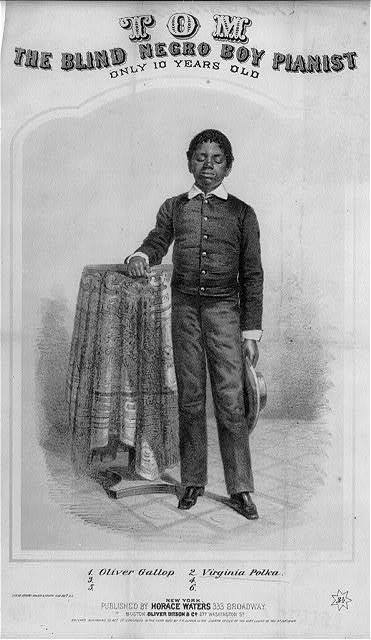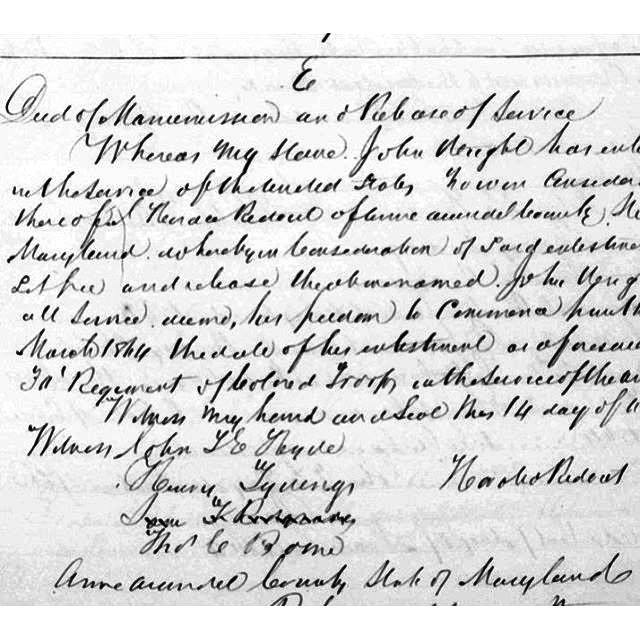
NHPRC News - February 2016
NHPRC News — February 2016
Inside the Commission
Angela Smith Joins Commission Staff
In January, Angela Smith joined the staff of the National Historical Publications and Records Commission as Office Coordinator. In addition to running the show behind the scenes, she also provides assistance to the public, the Members of the Commission, and our grantees. Angela comes to us from the Budget Office at the National Archives, and over the past 10 years, she has held a number of posts in the agency. A graduate of the University of Maryland University College, Angela holds a degree in business administration.
Grant Deadlines
The following Grant Opportunities are currently available:
- Access to Historical Records
For projects to promote the preservation and use of historical records.
Final Deadline: June 15, 2016 - Publishing Historical Records in Documentary Editions
For projects to publish documentary editions of historical records.
This program has two deadlines:
First Deadline: June 15, 2016
Second Deadline: October 6, 2016 - State Board Programming Grants
For projects to strengthen the nation's archival network through activities undertaken by state historical records advisory boards (SHRABs).
Final Deadline: June 15, 2016
News from the Field
Celebrating African American History
In his AOTUS blog, David S. Ferriero wrote:
Every day we celebrate the remarkable contributions of African Americans to the American Story. The National Archives contains millions of records related to the interactions of African Americans with the Federal government—from the Emancipation Proclamation to record groups ranging from the Census to military service.
The National Archives grant program, our National Historical Publications and Records Commission (NHPRC), extends the reach of the agency and connects to thousands of collections across the country at state and local governments, colleges and universities, historical societies, and other nonprofit organizations. Over the past 50 years, the NHPRC has awarded grants to projects to document black lives.
Among the earliest records are those dealing with slavery and the fight for freedom. The Frederick Douglass Papers, the Black Abolitionist Papers, the Race and Slavery Petitions project at the Digital Library on American Slavery, Freedmen and Southern Society, and the the head of the FreedmanÂ’s Bureau and founder of Howard University O.O.Howard Papers projects were all supported with major funding from the NHPRC, and other grants went to the preservation of court and chancery records which deal with landmark events such as the Dred Scott case at the Supreme Court of Missouri and manumission petitions now being digitized by the Maryland State Archives (see below). Following emancipation, the quest for equal rights is documented in the early 20th century records such as Booker T. Washington Papers and a microfilm edition of the W.E.B. Dubois Papers to the latter decades with the papers of such civil rights leaders as Clarence Mitchell, Ted Berry, the archives of Mary McLeod Bethune and the National Council of Negro Women, and the Papers of Martin Luther King, Jr. Archives from the history of Boston Desegregation (some of which are now part of the National Archives DocsTeach site) to the preservation of film interviews from the landmark PBS series Eyes on the Prize are but some of the many collections of interest for students of American civil rights history.
Bessie Jones and the Georgia Sea Island Singers
"She was on fire to teach America," folklorist Alan Lomax said. "I call her the Mother Courage of American Black traditions."
Mary Elizabeth "Bessie"" Jones (1902-1984) was a singer with the Lydia Parish's Spiritual Singers Society of Coastal Georgia when she first met Lomax, who was conducting fieldwork in the Georgia sea islands and working to collect the music of the Spiritual Singers Society. While participating in Lomax's film on the Spiritual Singers Society, she went to sing for a child's birthday party, but then changed her mind and began to tell the stories she had heard as a child.
"The Lord blessed me not to forget these things," she explained, "and keep them up among people who weren't studying it. White people know our backgrounds, but they're going to try to hold it back and keep us back as long as they possibly can." Guided by the spirit, Jones recognized she had an opportunity to share the stories and songs about little-known aspects of the history of African Americans to others.
In 1963, she teamed up with a group of other singers to form The Georgia Sea Island Singers. She also participated in a prayer band that traveled during the Civil Rights Movement, marching with Martin Luther King in Beulah, Mississippi. It was during these years that Jones worked on her book Step It Down, published in 1972.
Throughout the 1970s, Jones remained active singing with the Georgia Sea Island Singers and performing at inaugurations, in schools, and at festivals throughout the country. In 1982, she was named a National Heritage Fellow by the Folk Arts program of the National Endowment for the Arts.
You can hear Jones deliver an amazing live show on April 9, 1977 at the legendary Freight & Salvage Coffeehouse in Berkeley, California. The performance was recorded and produced by Martha Oelman and Joan Medlin of the WomenÂ’s Recording Group at Pacifica Radio's flagship station KPFA. The program also features an interview with Flora Molton, who played the slide guitar with a knife edge. These programs are being heard for the first time in decades thanks to Pacifica's preservation and access grant project American Women Making History and Culture: 1963-1982, funded in part by the National Historic Publications and Records Commission.
Annie McPheeters
The Auburn Avenue Researcher Libraries in Atlanta received funds from the NHPRC to digitize and make Web-accessible eleven late 19th and mid-20th century manuscript collections that document the historical development of education for African Americans, primarily in the South, from the early 1860s to the early 1950s. One collection is the archives of Annie L. McPheeters, one of the first African American professional librarians in the Atlanta Public Library and an influential proponent of African American culture and history.
Educated at Clark University in Atlanta, she earned a degree in English, with a minor in education in 1929. During the early part of her career, she served as city and county librarian at the Greenville Public Library, where she drove the bookmobile throughout the county's rural areas, seeing first-hand the desire of many African Americans to learn and have access to books. In 1934 she took a job at the Auburn Branch of the Atlanta Public Library as an assistant librarian. She set out to remedy the branch's problems of low library use by developing several initiatives, including the Adult Education Project, and launched the Negro History Collection. Two years later, she was promoted to full librarian, becoming one of the first African American professional librarians in the Atlanta Public Library. Her papers are housed in the Archives Division of the Auburn Avenue Research Library.
Grace Marilynn James, M.D.
Grace Marilynn James, M.D., (1923-1989) spent her life caring for the African American community of Louisville, Kentucky, who often had little access to regular health care. She was the first African American woman on the staff of Louisville Children's Hospital and on the faculty at the University of Louisville School of Medicine, and served as a role model and advocate for African Americans considering a career in medicine. The National Library of Medicine includes Dr. James in their special online exhibition "Changing the Face of Medicine: Celebrating America's Women Physicians." The University of Louisville holds Dr. James's papers, and they were processed through a grant from the NHPRC. A finding aid is available through the Kentucky Digital Library.
Thomas "Blind Tom" Wiggins
Thomas "Blind Tom" Wiggins (1849 – 1908) was an African-American musical prodigy. Born into slavery, he began composing music at age five, and he was hired out at the age of eight years to concert promoter Perry Oliver, who toured him extensively in the US, performing as often as four times a day. He was called the ""human mockingbird" and was said to be able to reproduce songs after hearing them a single time. During the 19th century, he was one of the best-known American performing pianists, performing at the White House for President Buchanan in 1860. Geneva Handy Southall began researching Wiggins during her Ph.D. studies, and she later wrote three books on his life, including Blind Tom: the Post-Civil War Enslavement of a Black Musical Genius (1979). She spent more than 30 years researching Blind Tom's life and music and also made the first recording of his music. Southall was inducted into the Black Musicians Hall of Fame in 1988 and was a former board member of the National Association of Negro Musicians. The NHPRC funded the preservation of Dr. Southall's papers at Emory University. A documentary on "Blind Tom," with contributions by Dr. Southall, is online at Vimeo.
Maryland Manumission Records
Shown here is the manumission of John Wright. His slaveowner, Horatio Ridout of Anne Arundel County, in consideration Wright's enlistment in the 30th Regiment of Colored Troops set Wright free. He enlisted on March 11, 1864 in the service of the United States. John T. E. Hyde and Henry Tydings witnessed the document before the court. Many slaveowners liberated their slaves to serve the Union. However, there was an incentive for owners to perhaps force this enlistment; they were paid. With a grant from the NHPRC, the Maryland State Archives is undertaking a project to process and digitize 111 series of county records consisting of manumissions and certificates of freedom, issued in 17 Maryland counties and Baltimore City, covering the period 1774-1869.
Under the auspices of the Slavery Commission, the Maryland State Archives is preparing a series of volumes in the Archives of Maryland series relating to the history of slavery in Maryland. You can find out more about the project at http://aomol.msa.maryland.gov/html/commission.html

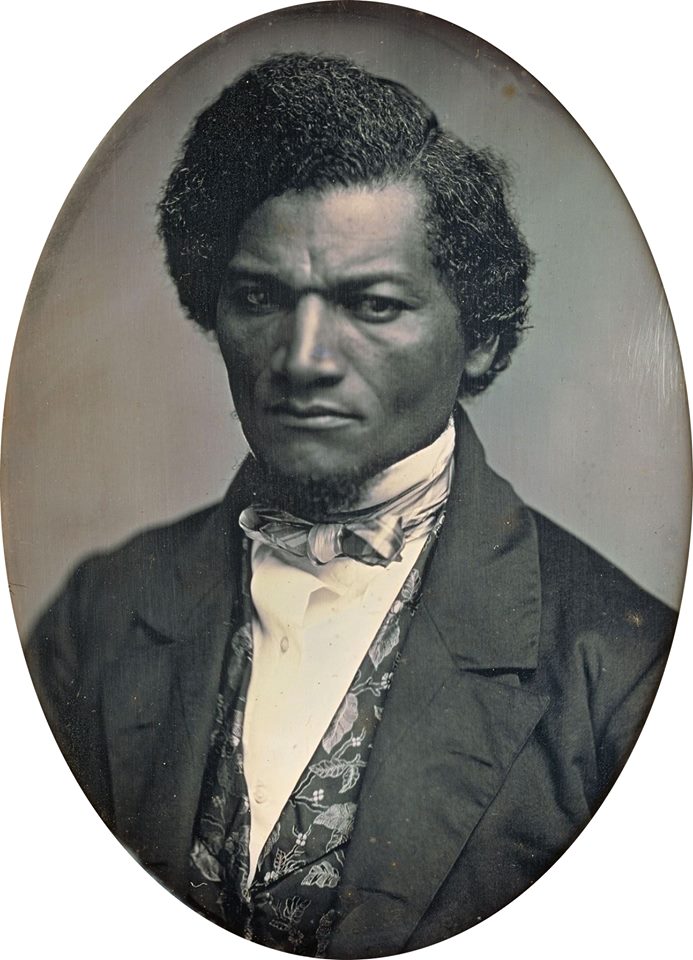
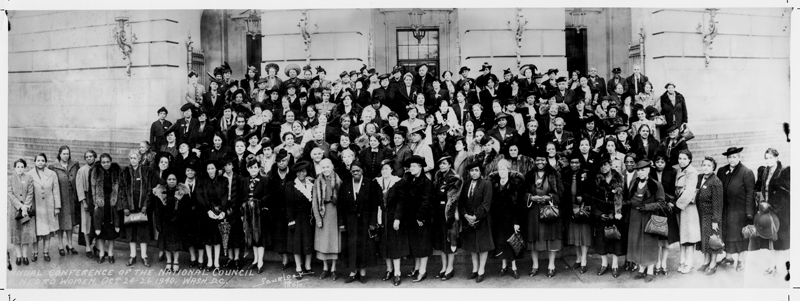
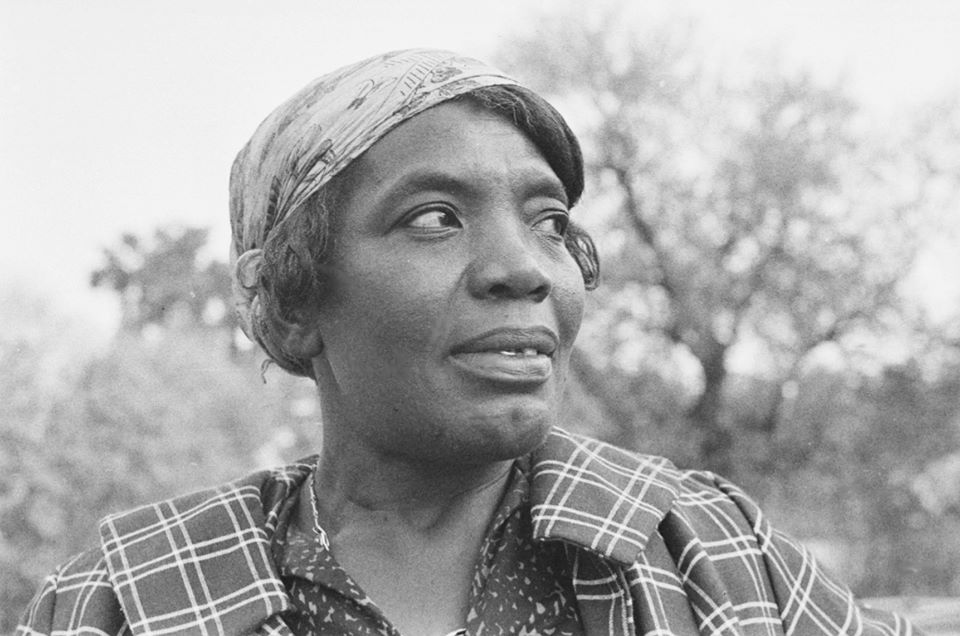
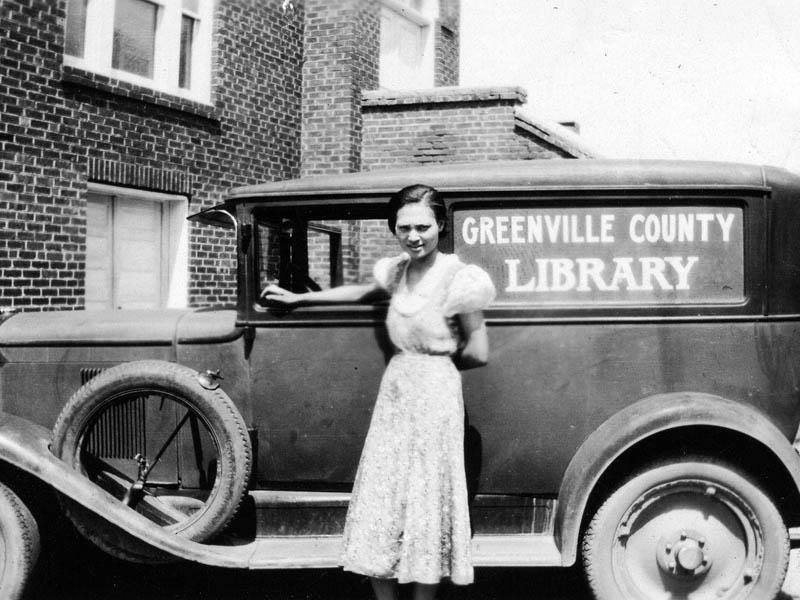
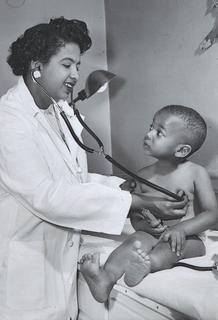 Dr. Grace M. James, c. 1950s, courtesy David M. James.
Dr. Grace M. James, c. 1950s, courtesy David M. James.